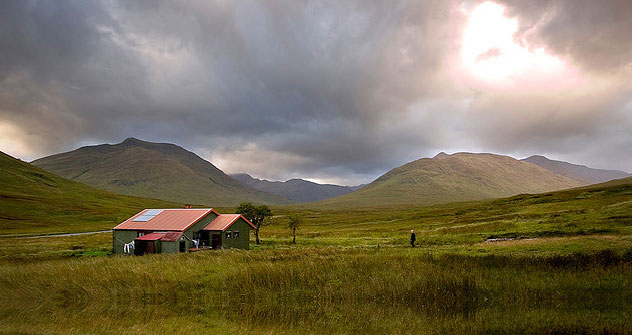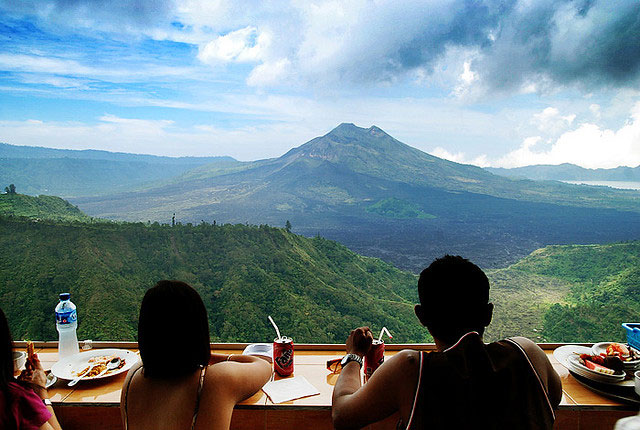Basic Spanish Travel Phrases for Tourists

- SPONSOR -
The Spanish are a fun-loving, incredibly welcoming and friendly lot, with a special place in their hearts reserved for children and the famous Spanish fiestas. Whichever destination across the country you’re heading for, you’ll find people who speak at least enough English to help when needed, but to get the most out of your holiday experience, learning a few common greetings and other phrases will have an amazing effect.
All regions in Spain use Spanish as the official language, but other traditional local languages such as Castilian, Basque and Galician are also recognised as official and are spoken in various parts of the country. However, with basic Spanish phrases for tourists, you will be able to get by satisfactorily and enjoy your visit even more as a result.
Pronunciation is fairly straightforward, with each vowel spoken distinctly. Many consonants sound the same, as they do in English, although there are regional differences. One helpful fact is that many Spanish words are taken, as are many English words, from Latin, and are therefore easily recognised.
Greetings are the first essential and are easily memorised. For example, hola is hello and buenos dios is good morning – not to be confused as good day, which is buen dia. Similarly, buenos noches is good evening and also used as good night. Everyone knows adios means goodbye, although how are you?, or como esta?, may be more unfamiliar. The reply, muy bien, means very well.
Como se llama?, what’s your name?, is answered with yo soy el… (my name is…) followed by mucho gusto, or it’s good to meet you. Hasta pronto is see you soon, and where do you live? translates as donde vive?, which is answered with vivo en… If you’re travelling with friends or family, you can introduce them with este es mi amigo/esposo (husband) or esposa (wife).
Basics for everyday communication are also easily learnt, beginning with please and thank you, por favor and gracias; yes and no, si and no; excuse me, con permiso; I’m sorry, lo siento to the possibly most useful two phrases: I don’t speak Spanish, no hablo Espagnol and I don’t understand, no entiendo, as well as habla Ingle?, do you speak English?
Shopping is an essential part of any holiday and, if you’re staying in a touristy area, you’re unlikely to have any problems with language. However, cuanto cuesta?, how much does this cost?, can be useful, especially in remote regions. Two more essentials are: me podria ayuday?, can you help me?, and donde esta el bano?, where’s the toilet?
Eating out is one of the outstanding pleasures of a Spanish holiday, best enjoyed in a good local restaurant serving traditional cuisine. Helpful phrases here include la carta, por favor and la lista de vinos, por favour, which will get you the menu and the wine list, hopefully in bilingual form! Starters are primer plato, the main course is plato principal and dessert is postre. If you’re a veggie, tiene algun plato vegetariano is the phrase to use.
Basics for dining are desayuno, breakfast; comida, lunch and cena, dinner. A plate, fork, knife and spoon are: plato, tenedor, cuchillo and cuchara, respectively, and una botella di vino is self-explanatory! Chicken, pork and beef are: pollo, cerdo and carne and ice cream is helado. A little phrase much appreciated by the chef at the end of your meal is esta riquisina – it’s delicious!
-Subscribe to get free updates via RSS or email, follow us on Twitter or find us on Facebook-







